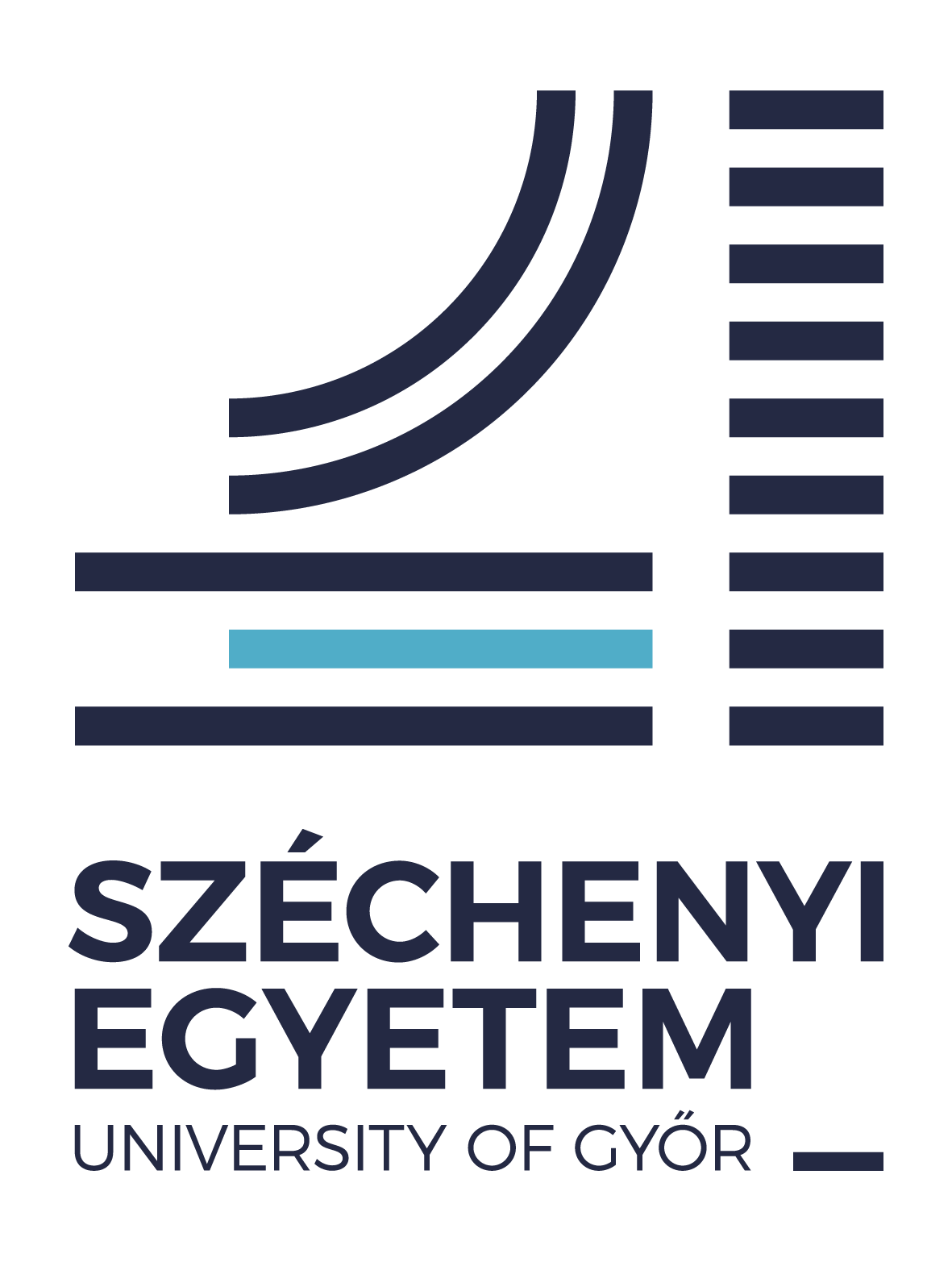Changes at mobility space use in the cognitive mobility era
DOI:
https://doi.org/10.14513/actatechjaur.00750Keywords:
downtown, urban, rural, highway, mobility, SustainabilityAbstract
Today’s society and one of its main pillars, mobility, is undergoing significant changes due to accelerated technological development. The previous mobility criteria may require revision due to changes. The work presents a study about the urban-rural-highway separation, which is widely used and crucial for the sustainability assessment of road mobility devices. Its characteristics are presented, and the test procedures based on them are considered. By comparing these with mobility trends, these need to be complemented due to the changing mobility use of space. The introduction of a new category, whose main dimensions are indicated, is proposed, and we highlight the areas where further research is needed.
Downloads
References
Federal Highway Administration, Urban/Rural Split of Travel. Available: https://www.fhwa.dot.gov. Accessed: 2024-09-01.
A. Zardini and P. Bonnel, “Real Driving Emissions Regulation: European Methodology to Fine Tune the EU Real Driving Emissions Data Evaluation Method,” EUR 30123 EN, Publications Office of the European Union, Luxembourg, 2020. ISBN 978-92-76-17157-7. https://doi.org/10.2760/176284
T. Fleischer, “Harmonious coexistence of urban activity and flow spaces,” in Proceedings of the 10th European Transport Congress: New Paths in Urban and Intercity Transport, J. Tóth, Ed. Budapest: Közlekedéstudományi Egyesület - European Platform of Transport Sciences, 2012, pp. 44–48.
K. P. De-Toledo, S. O'Hern, and S. Koppel, “A city-level transport vision for 2050: Reimagined since COVID-19,” Transport Policy, vol. 132, pp. 144–153, 2023. https://doi.org/10.1016/j.tranpol.2022.12.022
H. A. Al-jameel and A. Jihad, “Some Traffic Characteristics of Rural Roads in Iraq,” in Current Approaches in Science and Technology Research, vol. 6, 2021. https://doi.org/10.9734/bpi/castr/v6/9705D
G. Zsigmond, “Közlekedés térben és időben [Transportation in Space and Time],” Városi Közlekedés, 2nd online issue, 2021. Available: https://www.academia.edu/44814067/K%C3%B6zleked%C3%A9s_t%C3%A9rben_%C3%A9s_id%C5%91ben. Accessed: 2024-09-01.
M. Zöldy, “Improving heavy duty vehicles fuel consumption with density and friction modifier,” International Journal of Automotive Technology, vol. 20, pp. 971–978, 2019. https://doi.org/10.1007/s12239-019-0091-y
M. Zoldy, M. S. Csete, P. P. Kolozsi, P. Bordas, and A. Torok, “Cognitive sustainability,” Cognitive Sustainability, vol. 1, no. 1, 2022. https://doi.org/10.55343/cogsust.7
L. Filina-Dawidowicz, S. Stankiewicz, K. Čižiūnienė, and J. Matijošius, “Factors influencing intermodal transport efficiency and sustainability,” Cognitive Sustainability, vol. 1, no. 1, 2022. https://doi.org/10.55343/cogsust.9
A. Boldizsár, F. Mészáros, and E. Torok, “Social and economic analysis of the EU road freight transport fleet,” Cognitive Sustainability, vol. 1, no. 2, 2022. https://doi.org/10.55343/cogsust.16
A. Vučetić, V. Sraga, B. Bućan, K. Ormuž, G. Šagi, P. Ilinčić, and Z. Lulić, “Real Driving Emission from Vehicle Fuelled by Petrol and Liquefied Petroleum Gas (LPG),” Cognitive Sustainability, vol. 1, no. 4, 2022. https://doi.org/10.55343/cogsust.38
T. Koller, C. Tóth-Nagy, and J. Perger, “Implementation of vehicle simulation model in a modern dynamometer test environment,” Cognitive Sustainability, vol. 1, no. 4, 2022. https://doi.org/10.55343/cogsust.29
Á. Nyerges and M. Zöldy, “Hosszirányú járműmodell fejlesztése elektromos járművek hatótáv becslésére [Longitudinal vehicle model development for range estimation in electric vehicles],” Műszaki Szemle, vol. 74, 2020. Available: https://ojs.emt.ro/muszakiszemle/article/download/258/165. Accessed: 2024-09-01.
M. Zöldy, A. Holló, and A. Thernesz, “Development of More Efficient Fuels for Niche Markets,” in Proceedings of the FISITA 2012: Advanced Internal Combustion Engines. Available: https://www.researchgate.net/publication/282764062_Development_of_More_Efficient_Fuels_for_Niche_Markets. Accessed: 2024-09-01.
T. Péter, F. Szauter, Z. Rózsás, and I. Lakatos, “Integrated application of network traffic and intelligent driver models in the test laboratory analysis of autonomous vehicles and electric vehicles,” International Journal of Heavy Vehicle Systems, vol. 27, no. 1–2, pp. 227–245, 2020. https://doi.org/10.1504/IJHVS.2020.104422
V. Jóvér, Z. Major, A. Németh, D. Kurhan, M. Sysyn, and S. Fischer, “Investigation of ‘Open’ Superstructure Tramway Tracks in Budapest,” Infrastructures, vol. 8, no. 2, 2023. https://doi.org/10.3390/infrastructures8020033
S. Kocsis Szürke, G. Kovács, M. Sysyn, J. Liu, and S. Fischer, “Numerical Optimization of Battery Heat Management of Electric Vehicles,” Journal of Applied and Computational Mechanics, vol. 9, no. 4, pp. 1076–1092, 2023. https://doi.org/10.22055/jacm.2023.43703.4119
T. Péter, I. Lakatos, F. Szauter, and D. Pup, “Complex analysis of vehicle and environment dynamics,” in 2016 12th IEEE/ASME International Conference on Mechatronic and Embedded Systems and Applications (MESA), IEEE, 2016, pp. 1–7. https://doi.org/10.1109/MESA.2016.7587112
T. Fleischer, “The sustainability issues of mobility services: social impacts, spatial and temporal management,” Közlekedéstudományi Szemle, vol. 69, no. 1, pp. 49–57, 2019.
T. Fleischer, “Some questions on the development of the Hungarian expressway network,” Közlekedéstudományi Szemle, vol. 44, no. 1, pp. 7–24, 1994.
M. Zöldy, P. Baranyi, and Á. Török, “Trends in Cognitive Mobility in 2022,” Acta Polytechnica Hungarica, vol. 21, pp. 189–202, 2024. https://doi.org/10.12700/APH.21.7.2024.7.11
K. Bebkiewicz, Z. Chłopek, H. Sar, and M. Zimakowska-Laskowska, “Assessment of the impact of vehicle traffic conditions: urban, rural, and highway, on the results of pollutant emissions inventory,” Archives of Transport, vol. 60, no. 4, pp. 57–69, 2021. https://doi.org/10.5604/01.3001.0015.5477
Downloads
Published
How to Cite
Issue
Section
License
Copyright (c) 2024 Acta Technica Jaurinensis

This work is licensed under a Creative Commons Attribution-NonCommercial 4.0 International License.







